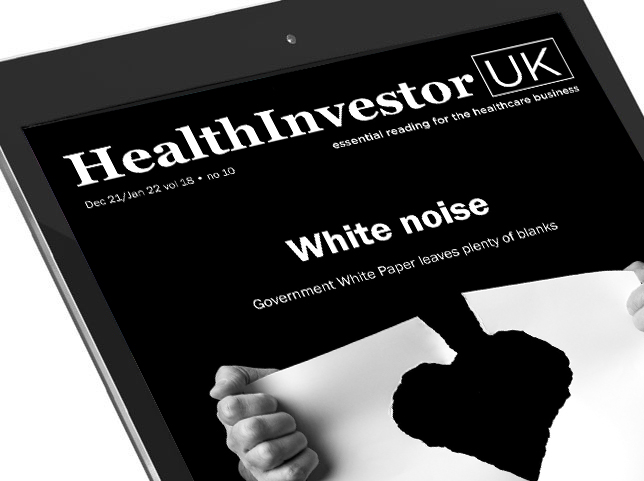Elysium moves to Ramsay Street
After being denied (for now) on Spire Healthcare, Australian healthcare giant Ramsay wasted little time. Following its failed acquisition of its private hospital rival – which was blocked by Spire shareholders in July of this year – Ramsay Health Care announced in December it is to acquire mental health services provider Elysium Healthcare.
Having offered £1 billion to take Spire Healthcare private, a figure which shareholders deemed too paltry, Ramsay is to pay £775 million to US private equity firm BC Partners for Elysium.
The business is the by-product of the Competition and Markets Authority forced carve-out of 22 Priory and Partnerships in Care hospitals from Acadia Healthcare (owners of Priory at the time) in 2016. Since then, BC Partners has been busy. Elysium currently operates about 2,000 beds across 72 sites. Account filings have Elysium’s revenue at £336 million and EBITAR at £57.4 million for 2020.
Commenting on the deal, Ramsay said it expected the transaction to create significant value for its shareholders… “as Elysium’s strong business plan and clear strategy position it for significant growth in the next five-plus years”.
Ramsay chief executive Craig McNally said in the press release: “Ramsay already operates more than 70 mental health facilities alongside our acute care operations in Australia, France and Sweden. This is an attractive and compatible opportunity for Ramsay to expand into the UK mental health market and grow our integrated patient pathways.”
Clearly this is a significant investment for Ramsay – but it is also a logical one. Ramsay was rumoured to be close to acquiring Priory Group in early 2020. In the end, Acadia exited Priory in early 2021 to Median (backed by Waterland Private Equity and Medical Properties Trust). Given Ramsay’s strong reputation for partnering with the NHS in its UK acute care business, mental health’s patient pathways should be a good fit for the group’s experience – and Elysium offered the best opportunity to enter the market at scale.
Moreover, demand for mental health services has (sadly) only been exacerbated by the pandemic. Indeed, the UK government plans to increase spending on mental health services by £2.3 billion by 2023-2024. Proof that the Covid backlog will not be limited to delayed physical operations and missed diagnoses.
The deal also suggests that the biggest players remain intent on scaling up. Ramsay said in its press release it believes it can achieve £5 million in annual savings by combining the businesses. Based on the 13.5x multiple paid for the business, that is circa £70 million of value creation (should savings be achieved).
Most of all, the acquisition demonstrates that confidence in UK healthcare’s potential is still robust. Despite the uncertainty and challenges presented by Covid-19, investor interest in healthcare is on the increase.
Vernon Baxter,
Managing director,
Investor Publishing





